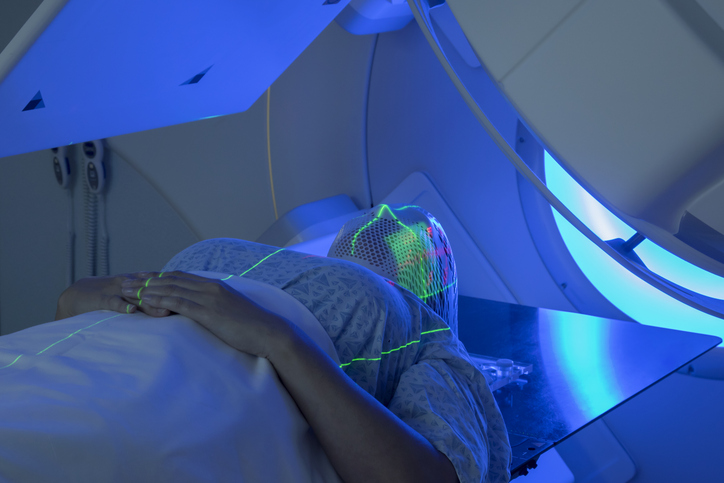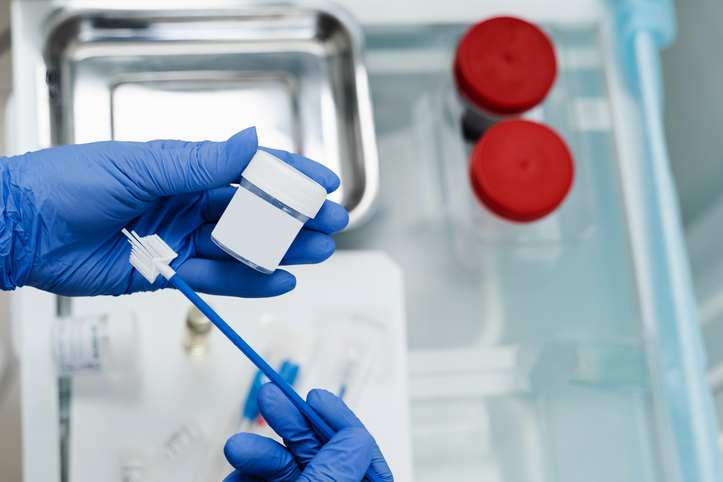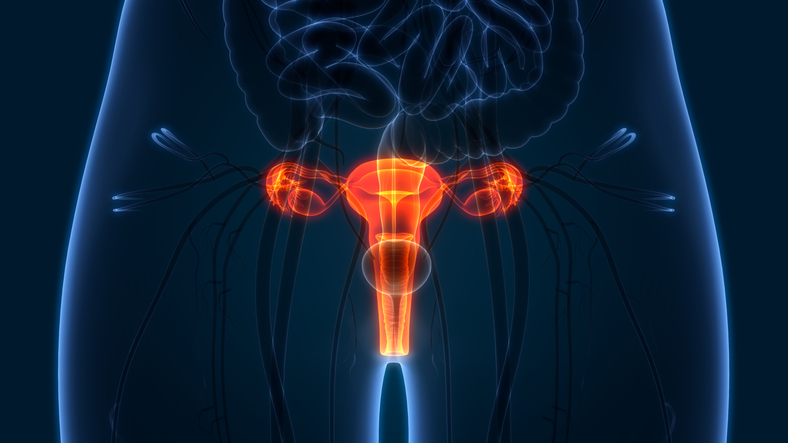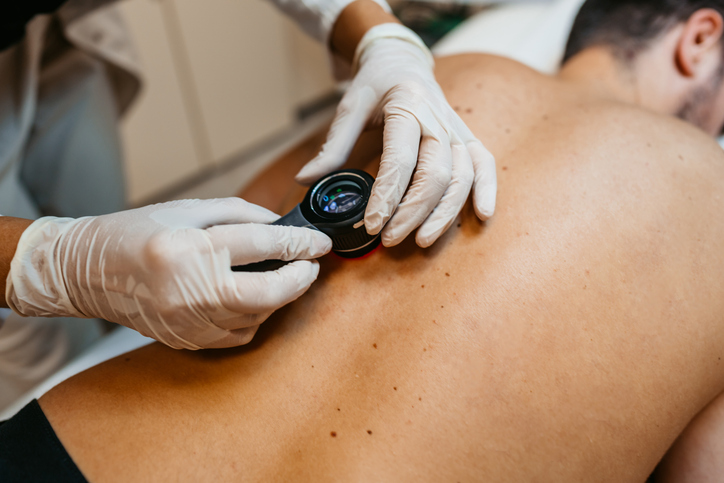
The Food and Drug Administration (FDA) granted approval for pembrolizumab—marketed as Keytruda and manufactured by Merck—as an alternative to radical surgery in certain bladder cancer patients.
The anti-PD-1 therapy was approved as monotherapy for patients with Bacillus Calmette-Guerin (BCG)-unresponsive, high-risk, non-muscle invasive bladder cancer (NMIBC) with carcinoma in situ (CIS) with or without papillary tumors who are not candidates for or opted not to undergo surgery. This is the first FDA-approved immunotherapy for inner layer bladder cancer in about 20 years, according to reports.
“Today’s approval of KEYTRUDA reinforces our company’s commitment to expanding existing treatment options for certain patients with high-risk, non-muscle invasive bladder cancer,” said Scot Ebbinghaus, MD, vice president, clinical research, Merck Research Laboratories, in a press release from the company. “As the first anti-PD-1 therapy approved in this setting, KEYTRUDA will be a new clinical option for a patient population that previously had limited FDA-approved therapies available.”
According to Merck, “KEYTRUDA is an anti-PD-1 therapy that works by increasing the ability of the body’s immune system to help detect and fight tumor cells. KEYTRUDA is a humanized monoclonal antibody that blocks the interaction between PD-1 and its ligands, PD-L1 and PD-L2, thereby activating T lymphocytes which may affect both tumor cells and healthy cells.”
The approval follows the results of the KEYNOTE-057 trial, which appeared in the Journal of Clinical Oncology. The study included patients with confirmed high-risk NMIBC who did not respond to bacillus calmette-guérin and could not or refused to undergo radical cystectomy. Patients received pembrolizumab 200 mg every three weeks for 24 months or until recurrence, progression, or unacceptable toxicity. The main outcome measure was complete response rate, with other outcomes including duration of response and safety.
The analysis included 103 patients (median age, 73 years), of whom 71.8% had CIS alone. The median number of previous BCG instillations was 12. Per central assessment, at three months, 38.8% of patients (n = 40) achieved a complete response rate (95% confidence interval [CI], 29.4%–48.9%). Of the patients who achieved a complete response rate, 72.5% maintained it at final follow-up, which occurred at a median (range) 14.0 (4.0–26.3) months. At the time the study was published, median complete response duration had not yet been attained. Overall, 80.2% of patients achieved complete response duration for at least six months. A quarter of patients (n = 10) sustained recurrent NMIBC after complete response, but at the time the study was conducted, there were no cases of progression to muscle invasive or metastatic disease. The rate of treatment-related adverse events (AEs) was 63.1% (n = 65). The most common AEs were pruritus (10.7%), fatigue (9.7%), diarrhea (8.7%), hypothyroidism (5.8%), and maculopapular rash (5.8%). A total of 13 patients (12.6%) sustained grade 3 or 5 treatment-related AEs; one death believed to be treatment-related occurred. Nineteen patients (18.4%) sustained immune-mediated AEs.







 © 2025 Mashup Media, LLC, a Formedics Property. All Rights Reserved.
© 2025 Mashup Media, LLC, a Formedics Property. All Rights Reserved.